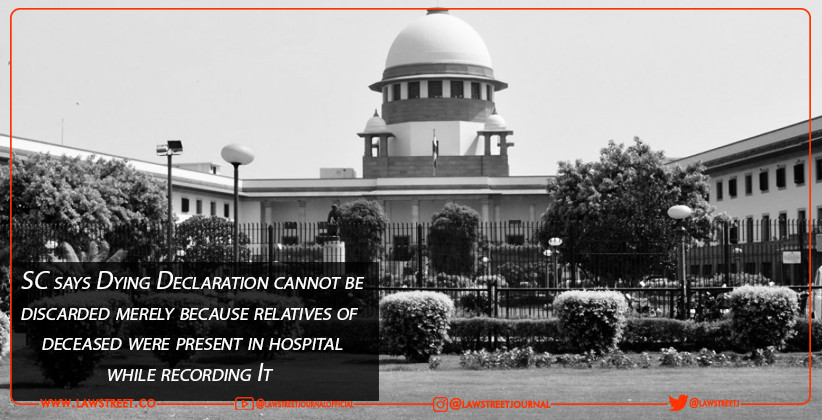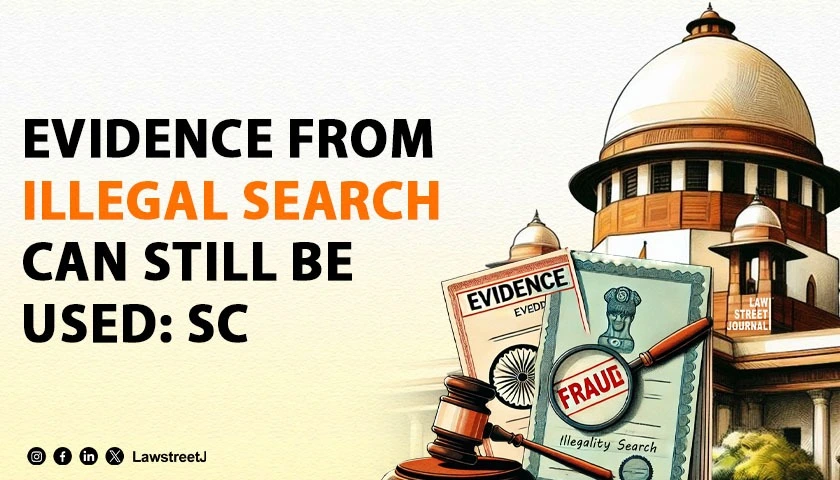The Supreme Court observed recently that a dying declaration cannot be disbelieved because parents and relatives of the deceased were present in the hospital while recording it.
In the declaration, recorded by the Judicial Magistrate, the deceased stated that the accused has poured kerosene oil and set her ablaze. Challenging the concurrent conviction, the accused before the apex court contended that the dying declaration was tutored one and the same was made at the instance of family members of the deceased, who were there with the deceased in hospital at the relevant time.
According to his version, the deceased made attempt to commit suicide, and he tried his best to extinguish the fire.
Examining the case records, the bench noted that the Magistrate, in her deposition, has clearly stated that the relatives of deceased, Pooja Rani, were not there at the time of recording dying declaration of the deceased.
To dismiss the appeal, the court noted that, if the dying declaration is considered along with the depositions of other witnesses, it clearly establishes the guilt of the accused beyond reasonable doubt.








